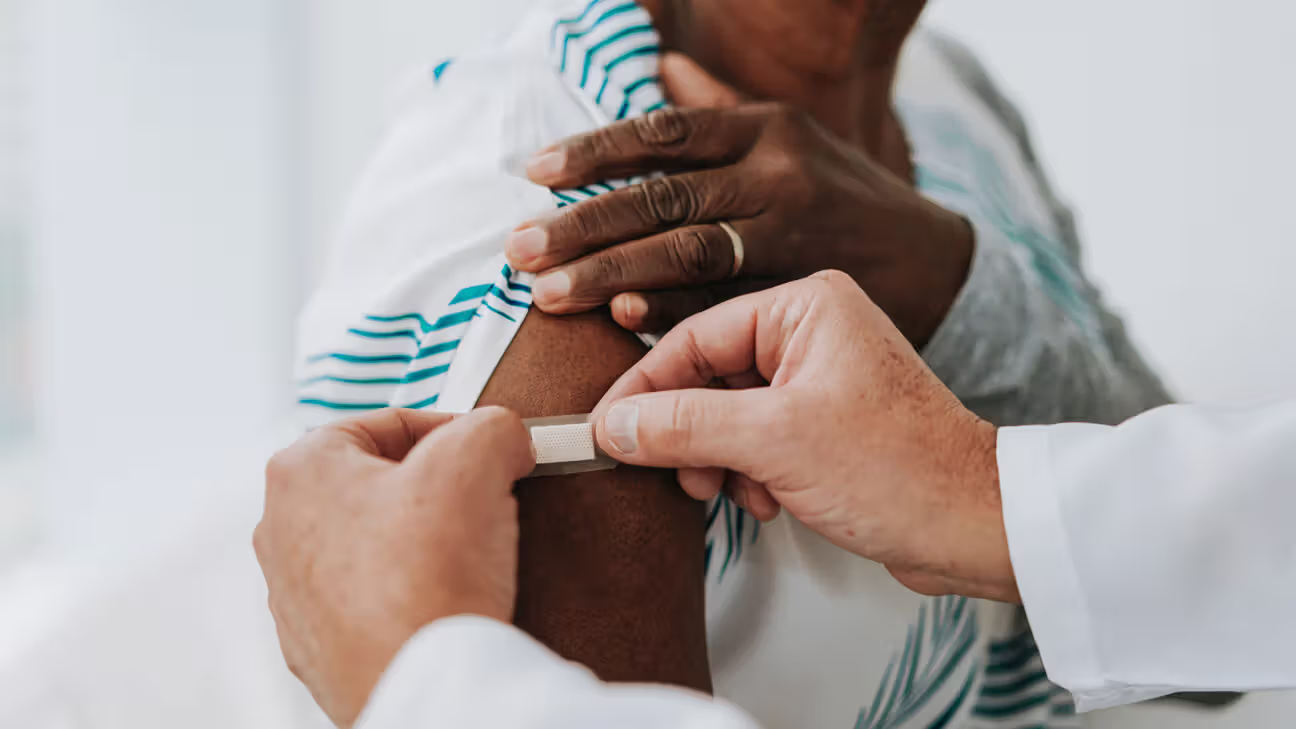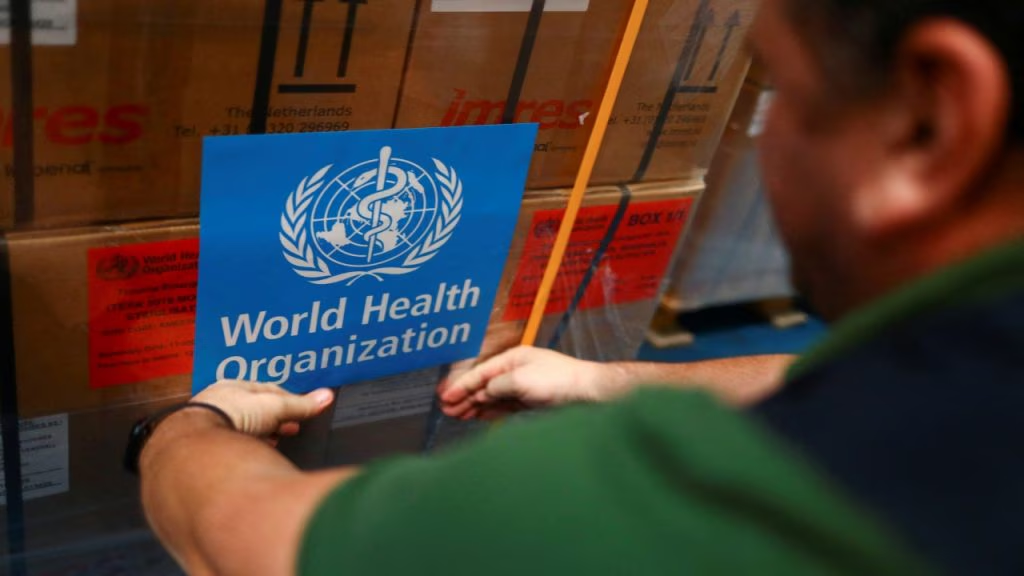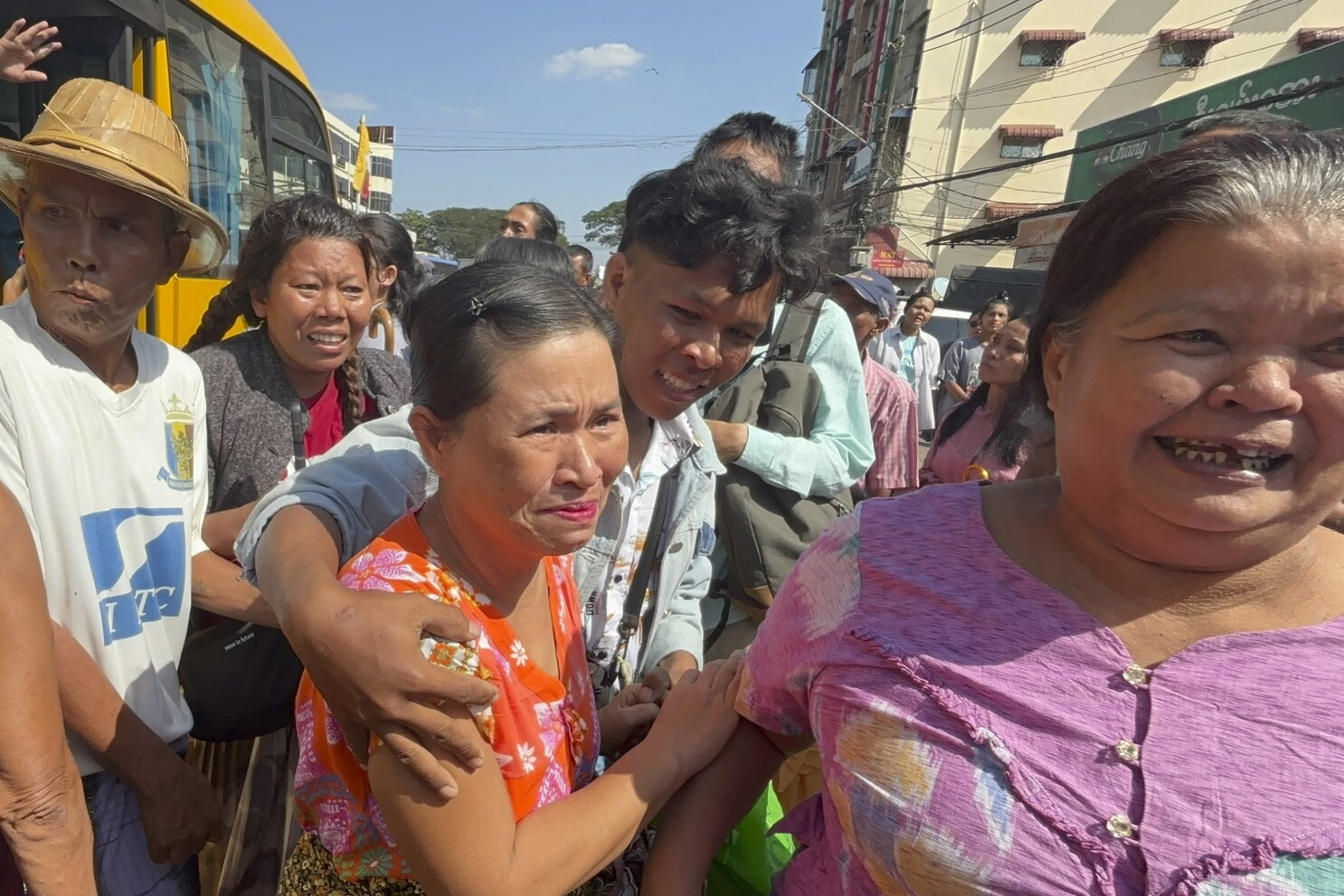A groundbreaking study published Wednesday has revealed that twice-yearly injections used to treat AIDS were 100% effective in preventing new infections among women. The study, conducted with about 5,000 participants in South Africa and Uganda, showed no infections in the women who received the shots. In contrast, around 2% of women given daily prevention pills contracted HIV from infected partners.
Salim Abdool Karim, director of an AIDS research center in Durban, South Africa, praised the results, describing the level of protection as “stunning.”
The injections, known as Sunlenca and manufactured by US drugmaker Gilead, are currently approved in the US, Canada, Europe, and other regions only for HIV treatment. Gilead has yet to seek approval for using the shots as a preventive measure for men. The results were featured in the New England Journal of Medicine and presented at an AIDS conference in Munich. Due to the unexpectedly promising results, the study was halted early, and all participants were offered the injections, also referred to as lenacapavir.
Impact and Accessibility
While other HIV prevention methods like condoms and daily pills are available, adherence has been problematic, particularly in Africa. In the recent study, only about 30% of participants using Gilead’s Truvada or Descovy pills maintained consistent use, with adherence declining over time. The prospect of a twice-yearly shot is seen as revolutionary for patients, eliminating the stigma associated with daily pill regimens.
However, there are concerns regarding the affordability of Sunlenca. Gilead has yet to agree on a price for the drug in low-income countries. The company plans to introduce a “voluntary licensing program” that would permit a limited number of generic manufacturers to produce the drug. Winnie Byanyima, executive director of the UN AIDS agency, has urged Gilead to collaborate with a UN-backed program to facilitate broad access through affordable generic versions.
Dr. Helen Bygrave of Doctors Without Borders highlighted that the injections could significantly impact the HIV epidemic if made accessible in high-prevalence countries. Gilead has not yet determined the cost of Sunlenca for prevention in poorer nations but is in discussions with generics manufacturers to expedite availability.
Comparison to Other Prevention Methods
Another long-acting HIV prevention shot, Apretude, which is administered every two months, is approved in some countries, including parts of Africa, but remains costly at about $180 per patient per year.
Byanyima likened the significance of Sunlenca to the historic discovery of AIDS drugs that transformed HIV from a death sentence into a manageable chronic illness. In the past, South African President Nelson Mandela suspended drug patents to widen access, significantly lowering drug costs.
Olwethu Kemele, a health worker at the Desmond Tutu Health Foundation, anticipates that the new injections could increase HIV prevention efforts and slow the virus’s spread. She noted that young women often conceal pills to avoid questions from loved ones, making the new shots a promising alternative.
UNAIDS reported this week that HIV infections are at their lowest point since the late 1980s, although new infections and deaths continue, particularly in Africa and rising regions like Eastern Europe, Latin America, and the Middle East.
A groundbreaking study published Wednesday has revealed that twice-yearly injections used to treat AIDS were 100% effective in preventing new infections among women. The study, conducted with about 5,000 participants in South Africa and Uganda, showed no infections in the women who received the shots. In contrast, around 2% of women given daily prevention pills contracted HIV from infected partners.
Salim Abdool Karim, director of an AIDS research center in Durban, South Africa, praised the results, describing the level of protection as “stunning.”
The injections, known as Sunlenca and manufactured by US drugmaker Gilead, are currently approved in the US, Canada, Europe, and other regions only for HIV treatment. Gilead has yet to seek approval for using the shots as a preventive measure for men. The results were featured in the New England Journal of Medicine and presented at an AIDS conference in Munich. Due to the unexpectedly promising results, the study was halted early, and all participants were offered the injections, also referred to as lenacapavir.
Impact and Accessibility
While other HIV prevention methods like condoms and daily pills are available, adherence has been problematic, particularly in Africa. In the recent study, only about 30% of participants using Gilead’s Truvada or Descovy pills maintained consistent use, with adherence declining over time. The prospect of a twice-yearly shot is seen as revolutionary for patients, eliminating the stigma associated with daily pill regimens.
However, there are concerns regarding the affordability of Sunlenca. Gilead has yet to agree on a price for the drug in low-income countries. The company plans to introduce a “voluntary licensing program” that would permit a limited number of generic manufacturers to produce the drug. Winnie Byanyima, executive director of the UN AIDS agency, has urged Gilead to collaborate with a UN-backed program to facilitate broad access through affordable generic versions.
Dr. Helen Bygrave of Doctors Without Borders highlighted that the injections could significantly impact the HIV epidemic if made accessible in high-prevalence countries. Gilead has not yet determined the cost of Sunlenca for prevention in poorer nations but is in discussions with generics manufacturers to expedite availability.
Comparison to Other Prevention Methods
Another long-acting HIV prevention shot, Apretude, which is administered every two months, is approved in some countries, including parts of Africa, but remains costly at about $180 per patient per year.
Byanyima likened the significance of Sunlenca to the historic discovery of AIDS drugs that transformed HIV from a death sentence into a manageable chronic illness. In the past, South African President Nelson Mandela suspended drug patents to widen access, significantly lowering drug costs.
Olwethu Kemele, a health worker at the Desmond Tutu Health Foundation, anticipates that the new injections could increase HIV prevention efforts and slow the virus’s spread. She noted that young women often conceal pills to avoid questions from loved ones, making the new shots a promising alternative.
UNAIDS reported this week that HIV infections are at their lowest point since the late 1980s, although new infections and deaths continue, particularly in Africa and rising regions like Eastern Europe, Latin America, and the Middle East.



